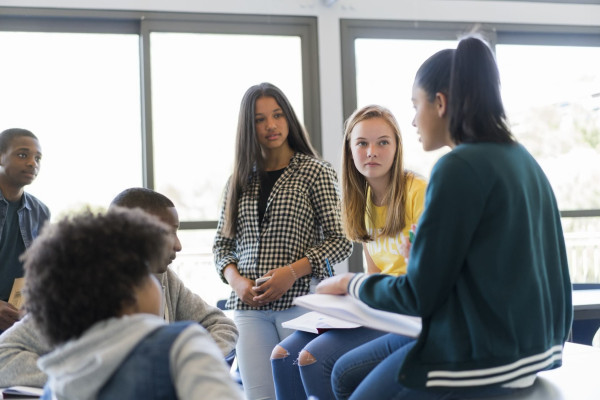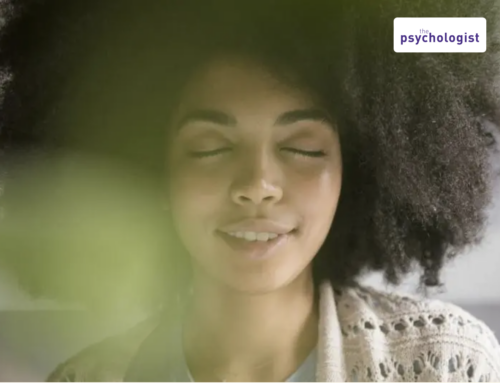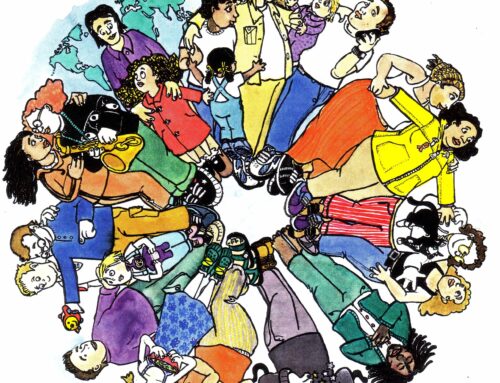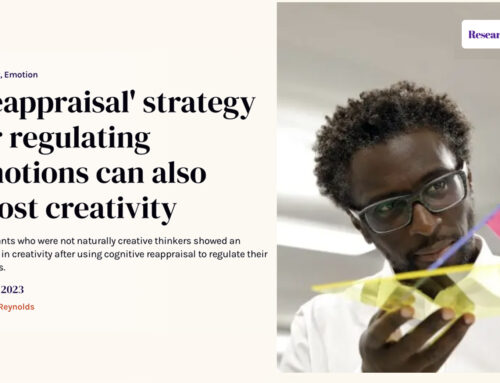How do we move beyond teaching kindness and responsibility to encouraging students to stand up for fairness and equality in society?
It is an important part of a democracy for citizens to be critical thinkers who question the status quo. Do we want to live in a world where youth passively accept media propaganda, submit to dictator-style leadership, and accept systems that harm their fellow citizens, or would we rather a world where youth are taught to question why these things are happening?
In schools, various forms of “open” discussionhave commonly been used to promote civic education. A few years ago, we studied an elite high school (enrolling privileged, resourced, Ivy League–bound students) that set out to build students’ character by committing to discussion-based learning in every content area. Discussion-based learning can take many forms, such as Socratic discussions, debates, and more; this school emphasized egalitarian relationships between students and teachers, where teachers acted as facilitators and students actively listened to one another and guided the conversation.
…
Read more at the Greater Good Magazine website here: greatergood.berkeley.edu/article/item/how_to_help_students_think_about_justice








Leave A Comment
You must be logged in to post a comment.